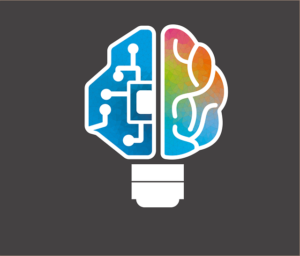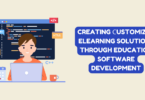
Data has been a crucial element in the evolution of artificial intelligence (AI), a market that could reach $ 98 billion in 2023 and exceed $ 169 billion in 2025. 64% of banking services executives believe that artificial intelligence (AI) will transform the industry in up to two years. What’s more, the use of the technology could generate $ 140 billion in additional earnings from increased productivity and cost savings. When applied to all industries, AI is expected to generate a $2.9 trillion business in 2021 alone.
That growth is now being driven by the coronavirus pandemic, with 88% of companies already incorporating or expanding AI technologies. AI is now being combined with new approaches to automation, called smart automation or hyper-automation, allowing them to do much more with less.
COVID-19 has shown that companies continue to operate in the dark, lacking the necessary data to be able to predict possible outcomes. But for many companies, the reality is that they need solutions to their daily problems, and – although artificial intelligence and automation can be that solution – the technology requires hiring specialists, engineers, and data scientists. All of this can hamper the efforts of companies that may not have the resources to achieve optimal results. But there is a way around this.
There is a great demand for professionals who understand how to bring applications based on artificial intelligence to the company, which has produced a shortage of talent in the labor market and the consequent increase in salaries. But now, companies can benefit from code-free artificial intelligence platforms, which allow business leaders to use this technology without the need for a team of AI specialists.
The combination of smarter AI models requires fewer data and enables smaller companies to use this technology, opening a door for SMEs to compete with even the world’s largest dot-com giants.
The days of relying on generic robotic process automation (RPA) are over RPA bots have not been effective in solving complex back-office tasks from start to finish, especially those with unstructured data entry or data requirements. real-time automation.
This is where a more advanced form of automation comes into play, known as hyper-automation, which acts in real-time and uses artificial intelligence to manage unstructured information, allowing the number of potential automation use cases to grow exponentially.
Instead of just automating simple tasks based on spreadsheet data, hyper-automation can perform tasks based on real-time conversations with employees and customers. You can also analyze voice messages using natural language understanding to determine what was requested and follow through with the correct action on its own, allowing human employees to work on higher value-added tasks.
AI without code and hyper-automation are the two tools that are already allowing the democratization of the use of AI, which will start the fourth industrial revolution that we have been hearing about for some time.






